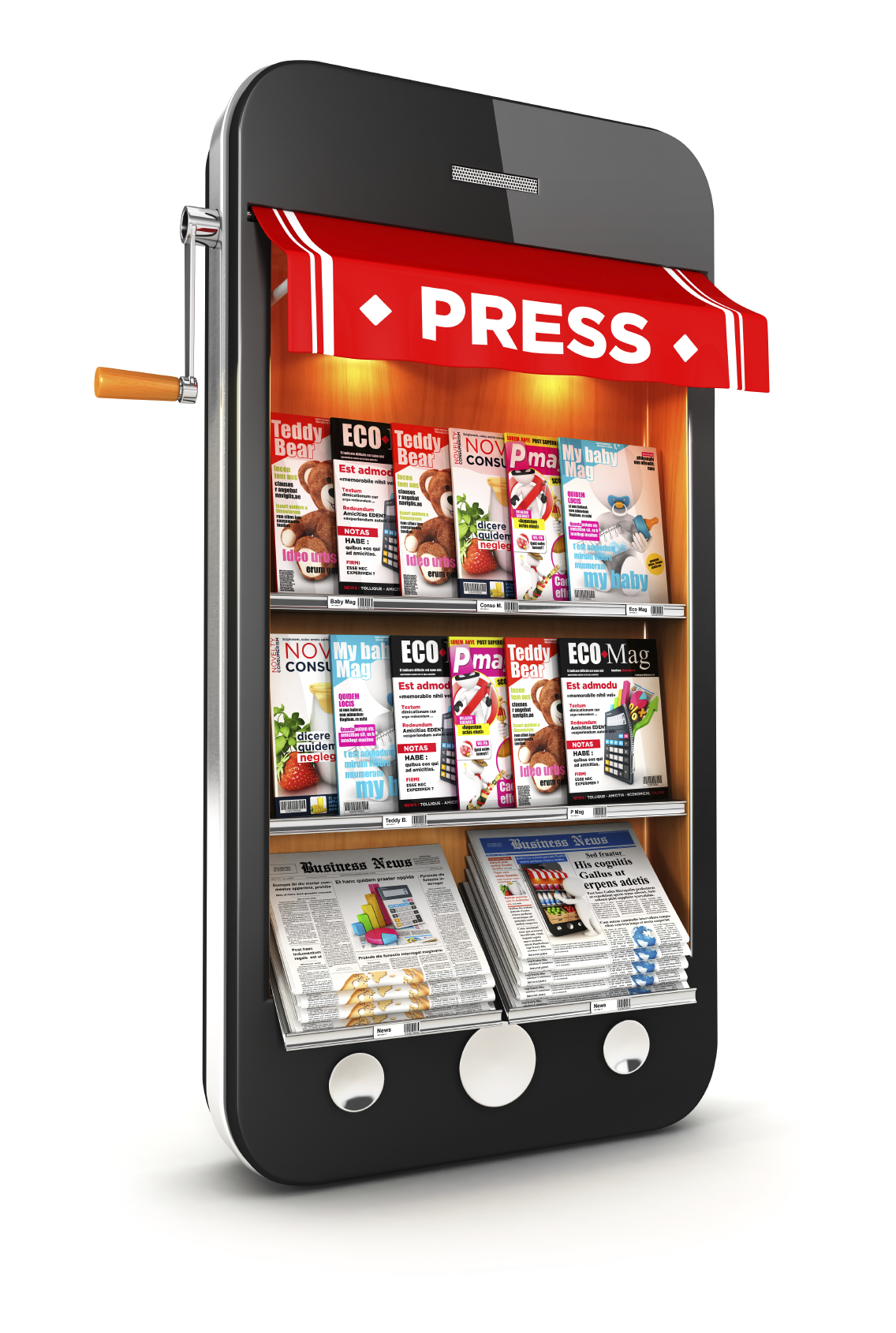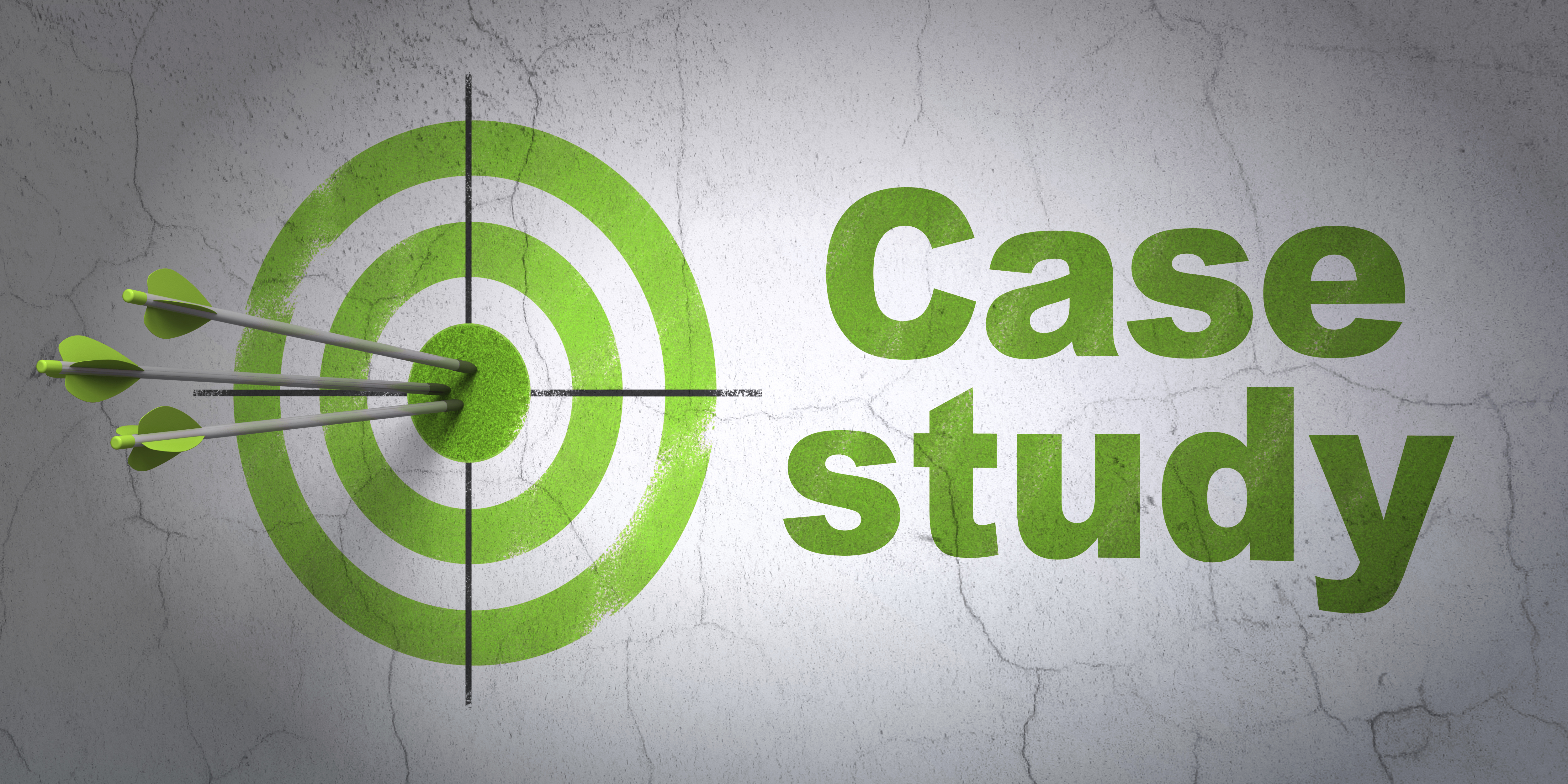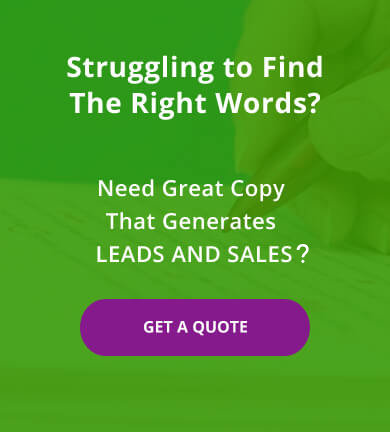B2B Marketing with Print Materials
A B2B Copywriter Can Help You Create Brochures, Data Sheets & Mailers to Generate Leads & Sales
These days most companies involved in business-to-business (B2B) sales are focused on online marketing for promoting their products and services. But materials published in hard copy form or formats we typically associate with hard copy, such as brochures and catalogs, still have value. In fact, they can be a way to stand out if your competition is only using the internet.
A B2B copywriter can help you create print marketing tools (or digital versions of them) that introduce your products or services to new customers and will ensure your company remains prominent in the minds of your existing customers.
Corporate Image Brochure
This type of collateral piece, also called a corporate capabilities brochure, gives an overview of your company’s history, mission, philosophy of doing business and capabilities. As a printed piece, corporate image brochures are a great leave-behind after you’ve had a meeting, whether in-person or by phone or Skype, to make sure your prospect remembers you.
You can learn more about writing brochures here.
Product Brochures
Product brochures are more focused than say corporate image brochures. They highlight the features and benefits of your products or a product line.
Product brochures can be targeted at multiple groups of buyers or be market specific. That is, if you manufacture a laser that is used in medicine but also has potential uses for the military, it might be worth the time and expense to create individual product brochures for each market. Tailor your descriptions of features and benefits to what might appeal to your specific target market.
Brochures can be produced in a wide variety of sizes. If budget is a consideration, go with a simple tri-fold brochure. It’s an 8.5″ x 11″ sheet of card stock folded into three panels and printed on both sides. These pamphlets are great for handing out at trade shows or leaving on a counter where potential customers might see them. They also fit conveniently into a standard #10 business envelope for easy mailing.
Data Sheets
Similar to product brochures, these highlight the features and benefits of specific products or a product line. They should also contain data that gives buyers the technical information they need to comparison shop.
In terms of writing style, they tend to be heavy on facts and light on fluff. If you can include photos, charts or other graphics that illustrate your points, your data sheets will have more visual appeal.
Sales Letters
One of the best ways to introduce your company to new customers is with sales letters. A one-page write-up with a compelling offer can be extremely effective.
Most B2B copywriters organize sales letters in the following manner:
- Describe a problem.
- Explain how and why you are uniquely qualified to understand this problem.
- Offer your solution.
- End with a call to action.
It might be too much of a leap to expect the prospect to make a purchase after reading your sales letter, but you can offer a free consultation, a brochure, a demo or an opportunity to join a webinar.
While sending the letter via email is certainly the most cost-effective route (you can’t beat free!), you might consider using U.S. mail. It will cost you postage but it might be a way to get in front of your customer when an email would likely be deleted.
You can learn more about writing sales letters here.
Press Releases
Send announcements to local publications and trade journals related to your industry to tout your new products, new divisions, new employees, new contracts, etc. Unlike ads, press releases get published for free, and because they appear to the reader as editorial copy, not ads, they are more likely to be read and believed.
Make sure you create a digital version of your press release as well. You can use a PR distribution service to extend your reach. The digital version of your press release should include a link back to your website. And, don’t forget to publish the press release on your own website where it can help inform prospects of your latest newsworthy accomplishments.
You can learn more about writing press releases here.
Testimonials
Make it a point to get written testimonials from satisfied customers. If they’re not comfortable writing it themselves, ask them to tell you verbally what they liked about your product or service and then you write it up submit it to the customer for approval.
Most satisfied customers are glad to lend their support. If possible, use their full names, state or country and business title, if relevant, all of which will add credibility to their testimonial. Bonus points if they’ll provide you with a photo you can use.
These testimonials are third-party endorsements of your product or service and can be extremely persuasive. You can create a handout with all your testimonials or incorporate them into your brochures and marketing letters. A B2B copywriter can help you repurpose testimonials to fit a wide variety of applications, giving you the maximum benefit of those favorable reviews.
Case Studies
While testimonials are usually no more than a paragraph or two, case studies can be much more detailed. Essentially, they should tell of a customer’s problem and the solution your company designed. A B2B copywriter knows how to turn a straightforward case study into an interesting story with a beginning, middle and end.
The more specifics you can add to the case study, the more credibility your description will have. If possible, include actual quotes from the customer. And any photos or illustrations will help drive home your points.
Print up your case studies and use them with brochures or include them with sales letters to help create a compelling case for your product or service.
You can learn more about writing case studies here.
Technical Articles
If your company has come out with a new product, process or application, one that could have an impact on its industry, draft a technical article for publication in a trade journal. Most trade pubs encourage these types of submissions as long as they’re professionally written and contain worthwhile information.
Of course, they can’t read like giant ads. They’ve got to be informative and educational; not salesy, something a B2B copywriter will know how to do.
Another way to look at technical articles is to think of them as thought-leadership pieces. You know your industry and can see where it’s headed. Share your insights.
When your article is published, make sure to order reprints (or use photocopies or digital reprints in PDF form) to send it to prospects and customers. If you have a blog, you can publish the technical article there as well.
Thought leadership pieces and technical articles are a great way to build credibility for your organization and position you as an authority in your industry.
Newsletters
Send a newsletter to customers updating them on anything new at your company. Newsletters can be distributed through regular mail or via e-mail.
You can learn more about writing newsletters here.
Catalogs
Print a new catalog as often as is feasibly possible and give or mail to customers and prospects.
Although you may already have an online catalog, some companies still find great value in creating their traditional hard-copy catalogs. They say customers love to hold the catalog in their hands and also share their finds with others.
Presentations
Participate as a guest speaker or workshop leader in industry seminars that are relevant to your product or service. Develop an interesting, informative presentation, and be sure to include a few handouts with your full name and contact information. The result will be qualified leads from members of your audience.
Packaging
Include features on all packaging. If possible, list related products that might interest the customer.
For B2B marketing, you’ll certainly want to maintain a strong online presence. A professional website and blog will go a long way in building your brand. But don’t ignore the power of printed materials.
Although potentially more costly to produce than digital media, they could provide a solid return on investment by generating sales from customers who otherwise might not have noticed you.
Work with a B2B Copywriter
While you may be able to create some printed materials on your own, ask yourself if it’s the best use of your time. Many business owners find it’s cost effective to hire a professional B2B copywriter who will get the job done quickly and correctly.

A B2B copywriter can bring your concepts to life in print marketing materials.
In today’s highly competitive market, you need multiple resources helping to generate leads and sales. A B2B copywriter can create marketing materials that build your brand and help you achieve your sales objectives.
Susan Greene is a B2B copywriter based in Orlando, Florida. She and her team work on a freelance basis with clients throughout the U.S. and the world to create professional-grade print and digital marketing materials.
* * *
Contact Susan Greene
Need help creating print marketing materials to promote your products or services?
Get a quoteTestimonial
Excellent work
Copy approval of the skincare article went very smoothly, and we don't need to make any further changes. Thank you for your excellent work!
Nozomi Araki
International Corporate Communications
Brain Center Inc.
Tokyo, Japan






